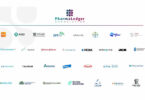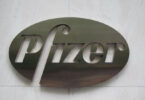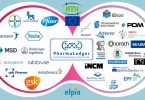Chronicled, the administrator of the pharmaceutical blockchain group MediLedger announced a fourth working group to address Medicaid rebates.
In the United States, certain types of registered pharmacies get special so-called 340B Medicaid pricing from drug manufacturers. But not all drugs eligible for Medicaid are distributed by 340B registered pharmacies. For non 340B pharmacies, a rebate is claimed from the drug manufacturer. However, in some cases, both 340B pricing is provided and a Medicaid rebate is claimed, a double discount that’s strictly not allowed.
As a result, manufacturers are tightening procedures creating extra administration. It’s not a small problem. According to MediLedger 340B eligibility has grown from 1,000 pharmacies to 28,000 over the past ten years and $35 Billion in annual spend.
Hence in May, MediLedger is launching a working group to enable pharmaceutical companies, the 340B registered entities and regulators to work on a solution.
MediLedger’s first working group and solution addressed the DSCSA Act requirement to verify that returned drugs are not counterfeits, which now covers 95% of drug returns. It launched a second group to address revenue management through contracts such as rebates and chargebacks. And the third group was for the FDA’s trial for an industry-wide track and trace solution for future DSCSA Act requirements.
While it may not have originally intended its focus to be the United States, so far, that seems to have been the case for MediLedger.
Meanwhile, in Europe, a dozen pharmaceutical companies have created the PharmaLedger consortium in association with numerous technology companies and universities, with backing from the European Commission. It has eight use cases it’s exploring, ranging from anti-counterfeiting and final drug traceability to tracing for clinical trials as well as recruiting clinical trial candidates.






